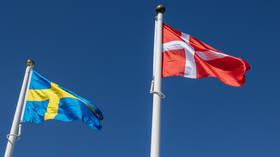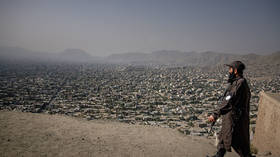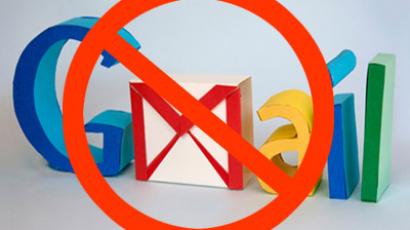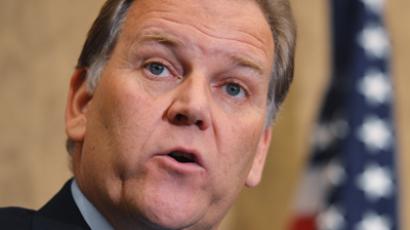Brazilian newspapers give 'freeloader' Google News the boot
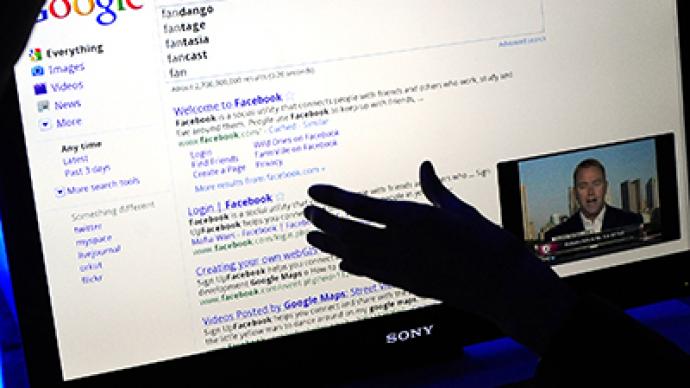
Over 100 of Brazil’s main newspapers have blocked internet giant Google’s news service from using their content. They say Google News has actually reduced their site traffic and benefits commercially from material it has refused to pay for.
The 154 publications that make up Brazil’s National Association of Newspapers, known as ANJ by its Portuguese acronym, agreed unanimously to turn their backs on Google News. They cited the principal motive behind the move as the search engine’s refusal to pay for the content that it uses.“Google News is benefiting commercially from the content it uses and is not prepared to discuss a model of remuneration for this material,” said Carlos Fernando Lindenberg Neto, president of the ANJ. Google argues that it should not have to pay for providing a service that supposedly benefits its clients."Staying with Google News was not helping us grow our digital audiences – on the contrary," Neto said in an interview with the Knight Center for Journalism in the Americas. The ANJ defended its decision, stating that they had seen a drop in readership by approximately 5 per cent. Google News published snippets of articles from Brazilian newspapers on its website, something which the ANJ claims discouraged readers from looking at the full articles."By providing the first few lines of our stories to internet users, the service reduces the chances that they will look at the entire story in our websites," Neto said.The decision to phase out Google News was first considered at the beginning of 2011 when newspapers realized that many readers were satisfied with reading the first couple of lines of stories published on the website. With this in mind the ANJ decided to only publish the headlines on Google News to see if it would entice more readers to visit their sites. However, they found that this did little to boost their readership statistics. Google News defended its decision not to pay for Brazilian news content it utilizes at an American Press Association in Sao Paulo. "Google News channels a billion clicks to news sites around the world," said Google's Public Policy Director, Marcel Leonardi. He likened the Brazilian demands for remuneration to taxing a taxi driver for taking tourists to eat at a restaurant.
Google backed into a corner
Google has also fallen foul of content providers in the EU, which are also calling for the company to pay for the use of their material.The internet giant is facing down draft laws that are being discussed in both France and Germany that seek to license publishers’ content. Google responded aggressively, threatening to stop linking to French news sites altogether if the French government tries to force them to pay.The French government in turn released a statement warning Google not to threaten democratic governments.Google also made headlines this week when it received an official warning from the EU to make changes to its controversial privacy police within four months or face “disciplinary action.” The move comes after a French-led investigation into the legality of Google’s new method of collating user data, which it introduced in March. Brussels did not call Google’s privacy policy illegal, but did warn that “combining personal data on such a large scale creates high risks to the privacy of users."The internet giant is also currently under investigation in the EU over an antitrust case. Officials suspect the search engine may have intentionally placed some competitor websites lower in its search results.





